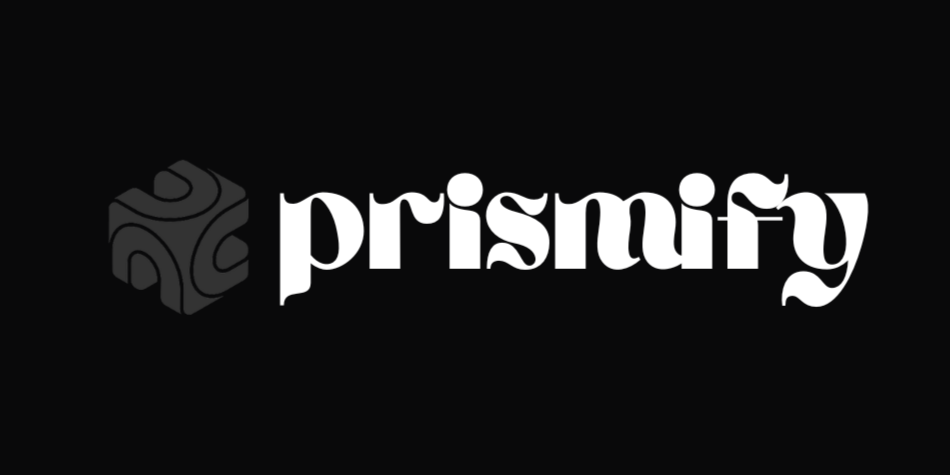- User registration and login with Appwrite.
- Secure authentication mechanism using Appwrite's verified email users.
- User profile creation and customization.
- Profile picture upload and editing, bio and other profile information management.
- Like and save posts.
- Explore page to discover new content and users.
- Create, edit, and delete posts.
- Upload images with captions.
- Drag and drop uploading of images for posts.
- Ability to add hashtags to a post.
- Explore page to discover trending and popular posts.
- Discover new users and trending hashtags.
- Customized content recommendations based on user interactions.
- Search posts by username, name, or content.
- ReactJS
- TypeScript
- React Router
- React query
- Vite
- appwrite
- Tailwind CSS
Began with establishing the backend infrastructure using Appwrite, creating essential functionalities such as user authentication, database management for user profiles and posts, and storage for media files.
Moving to the frontend development phase, I started by crafting user authentication flows, including sign-in and sign-up pages, leveraging Appwrite's authentication services.As I progressed, I designed and implemented the layout structure comprising the sidebar, Home Feed, Explore, Creat Post ensuring consistent navigation throughout the application. With these elements in place, users could easily navigate between different sections of the app.
I developed the functionality for creating posts, incorporating advanced features such as drag-and-drop image uploading.The home page was meticulously crafted to display user-specific posts and curated content from other users. Users gained the ability to interact with posts, including editing and deleting their own posts, fostering a dynamic and engaging user experience.
Throughout the development process, rigorous testing and debugging were conducted to ensure a seamless and error-free user experience. Finally, the deployment phase involved deploying the application to a hosting service and configuring production settings for optimal performance and reliability.
- Follow Feature: Allow users to follow each other, enabling them to stay updated on each other's activities and posts.
- Comment Section: Enable users to leave comments on posts, allowing them to engage in conversations and share their thoughts about the content.
To run the project in your local environment, follow these steps:
- Clone the repository to your local machine.
- Run
npm installoryarnin the project directory to install the required dependencies. - Run
npm run startoryarn startto get the project started. - Open http://localhost:5173 (or the address shown in your console) in your web browser to view the app.
